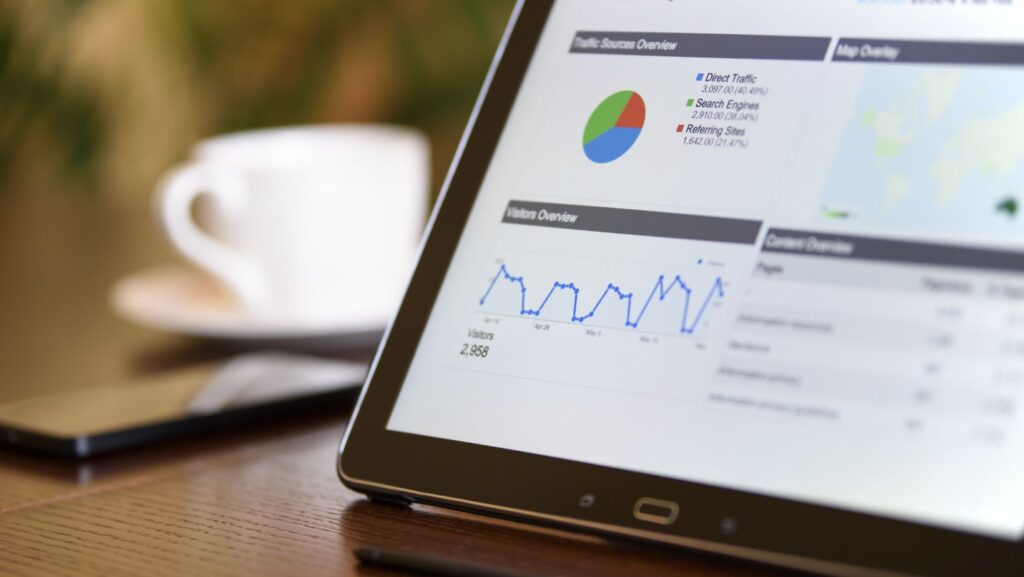Marketing has changed dramatically over the past decade, and many experts believe that this trend will continue well into the future. As technological advancements become more prominent and consumers become increasingly demanding, businesses must adapt their marketing strategies to stay competitive.
In response to this, we expect that personalisation will be a key component of digital marketing in 2023. As consumers become more discerning and choosy about the products and services they purchase, brands that are able to provide tailored experiences and recommendations will be at a distinct advantage – and here’s how this trend will change the marketing landscape.

Why does being personable matter?
Well, for one thing, it’s a great way to build trust with your customers. Studies have shown that consumers are more likely to buy from companies that they view as authentically friendly and approachable.
Another key benefit of personalised marketing is that it allows businesses to collect valuable data about their customers, which can then be used to inform future marketing decisions. By tracking consumer behaviour across multiple channels, businesses can gain a deeper understanding of what appeals to their target audience and tailor their messaging accordingly.
How can businesses take a more personal touch on social media?
One effective way to achieve personalisation on social media is through targeted advertising. Using tools like Facebook Ads and Google AdWords, businesses can deliver highly relevant ads to specific segments of their target audience based on demographics, interests, browsing history, and more. Another popular strategy is to create targeted content that speaks directly to the needs and preferences of your followers. For example, if you run a beauty brand, you might create videos showcasing your products in action or host online contests and giveaways specifically tailored to your followers’ interests.
Another key trend is the growing importance of live video streaming. With the prevalence of social media platforms like Facebook and Instagram, brands have unprecedented access to their customers – but this means that consumers also expect a certain level of personalisation in return. One way to deliver this is through live streaming, which can help businesses connect with their audiences in real time, creating authentic interactions and fostering brand loyalty. Another key benefit is that live streaming allows marketers to track and measure user engagement, allowing them to optimise their campaigns based on data-driven insights.
How can you make marketing emails more personal?
There are a number of strategies that businesses can use to make their marketing emails more personal. One approach is to use data-driven segmentation to create targeted email lists based on factors like purchase history, demographics, and interests. Another great way to increase personalisation is by including customer testimonials or reviews in your marketing emails – this allows you to showcase the positive experiences that other customers have had with your brand. Additionally, businesses can take advantage of automation tools like email drip campaigns and autoresponders to send highly relevant, customised emails to their subscribers at scale.
We can also expect businesses to take it one step further and use machine learning to generate targeted content that is based on past behaviour and customer preferences. As a result, brands will be able to create more relevant email campaigns, increasing engagement and conversion rates across the board. Ultimately, this means that marketing in 2023 will be more data-driven than ever before – but it will also require marketers who are able to adapt their strategies to keep up with these rapidly changing trends and ensure that their businesses remain competitive.
How does big data and analytics make this approach easier?
In the near future, leveraging big data and advanced analytics tools to deliver highly targeted messaging based on past behaviour, as well as using voice search and other emerging technologies to deliver more relevant results will become more prevalent. As consumers become more comfortable sharing their personal information in exchange for enhanced experiences and recommendations, businesses will need to collect and analyse this data to provide targeted content that is truly relevant to individual users.
At the same time, marketers will also need to focus on engaging consumers with meaningful interactions and building long-term relationships. This could mean moving away from traditional advertising tactics like paid search ads and investing more in content marketing, social media marketing, and influencer campaigns.
Will marketing automation be useful in this process?
In this landscape, we also expect that marketing automation will play a key role in driving personalisation at scale. With the help of machine learning and artificial intelligence technologies, businesses will be able to automate many of their marketing processes, from content creation and distribution to customer segmentation and targeted outreach. This will enable marketers to quickly create highly targeted campaigns that are relevant to individual users and deliver tailored experiences that enhance overall customer satisfaction.





